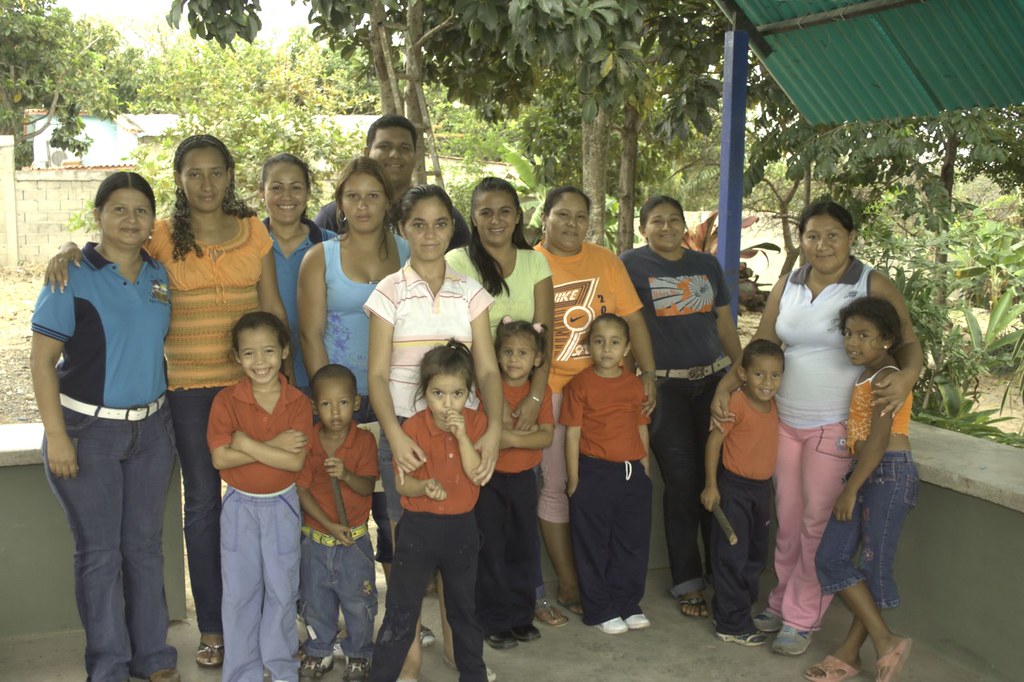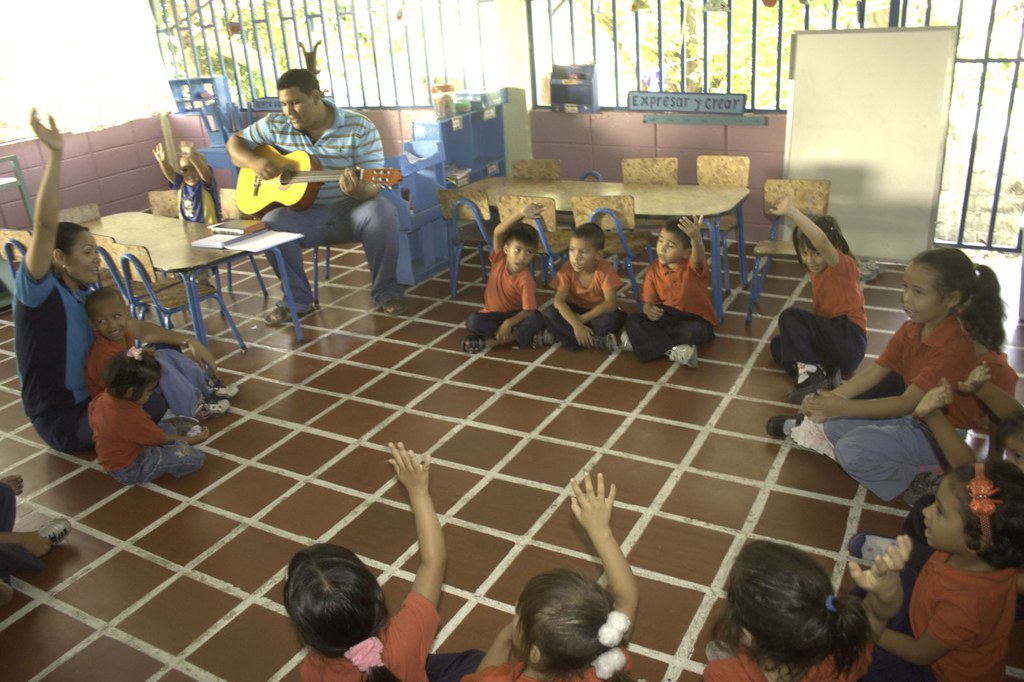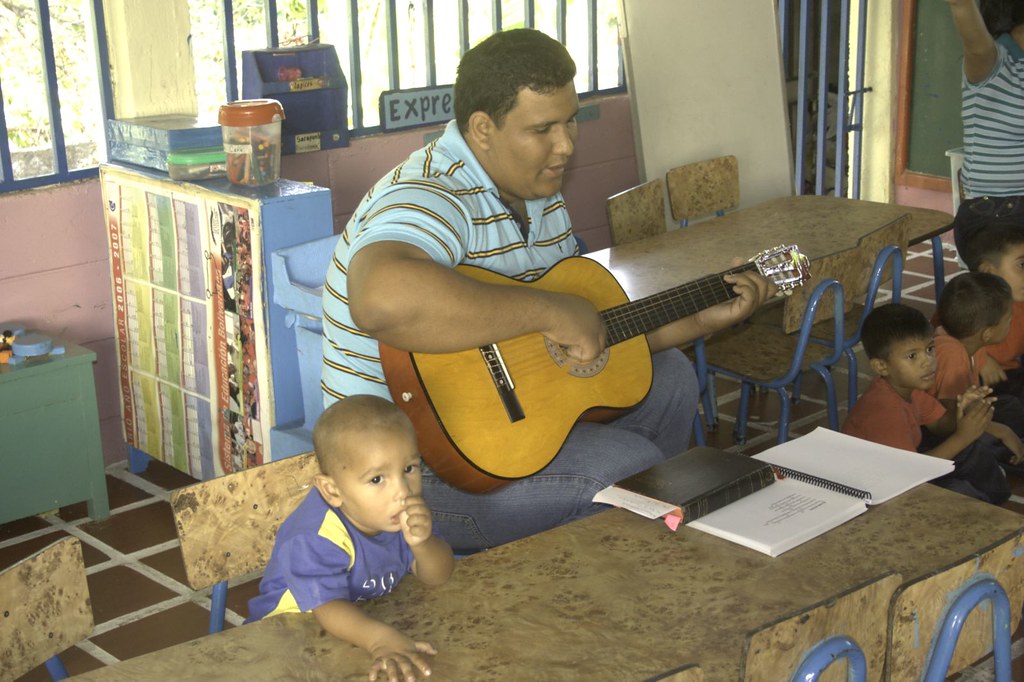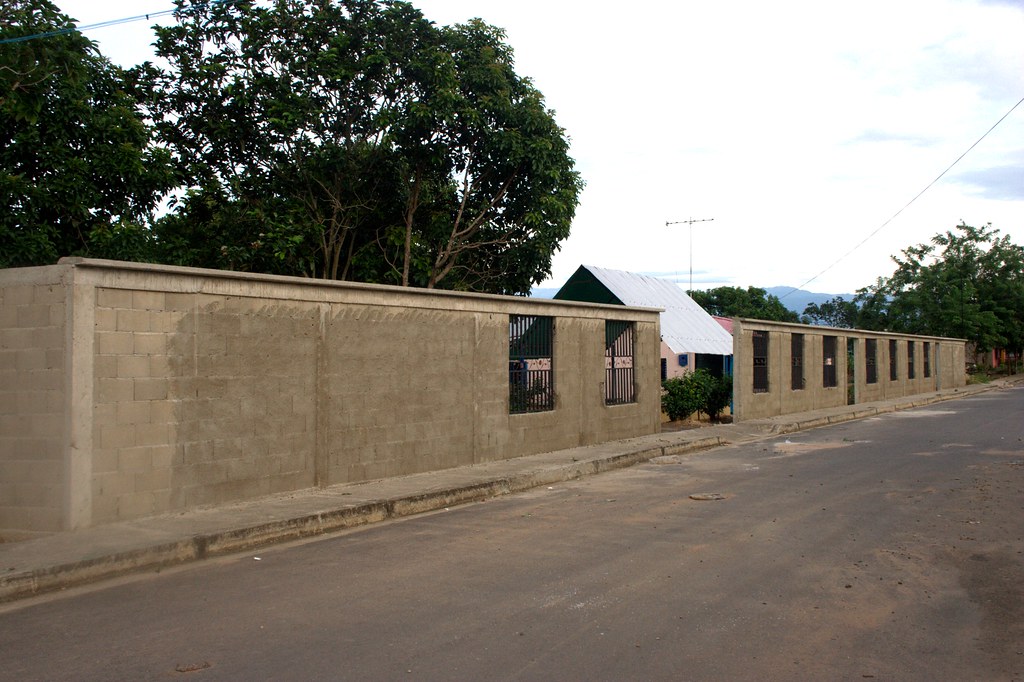On Transfiguration Sunday, February 1, 2009, I recalled that when I was six or seven years old, I conceived a grand ambition to look directly into the sun. I observed that sunlight was good; it enabled plants to grow, gave warmth and allowed everyone to see where they were going. So could it be so difficult to look directly at the source of all that light and warmth? I decided I would try to look directly at the sun for as long as I could without blinking.
Try as I might, I could not stop blinking while looking at the sun. The end-result was that my eyelids became badly sunburned. It was really very painful, but I thank God now that I did not sustain any permanent injury to my eyes.
My point was that while sunlight brings us life and vision in a physical sense, and is therefore good, it is dangerous to gaze at the sun with unprotected eyes. How much more this is true of God, the Source of all things good, physical and spiritual, Who, as St. James reminds us, is the Father of lights with there is no variableness, neither shadow of turning (James 1:17). We, with our human nature darkened by sin, cannot look directly at the splendor of God's pure light and live.Outside of Christ, we can only know the holiness of God as something that burns and destroys if we draw too close.
For that reason, even a reflection of the divine glory terrifies us, as emphasized in Exodus 34:29-35, the Old Testament lesson for Transfiguration Sunday. In the latter verses of chapter 33 and the opening verses of chapter 34, we read that Moses pleaded with the Lord for the opportunity to see the divine glory for himself It is in Exodus 33:20 that God says, “You cannot see My face, for no man can see Me and live”. But, as subsequent verses describe it, Moses is allowed to see God's back as he passes by. While this is happening, the Lord also “proclams His name”, that is to say, reveals to Moses something of His true nature and will.
According to Exodus 34, verses 29 to 35, even this indirect vision of God's glory leaves Moses' face literally glowing in a manner that frightens the Israelites when they see it. As I was trying to explain all of this in simple terms for the children, I was reminded of a hymn that used to be a favorite:
 Immortal, invisible, God only wise,
Immortal, invisible, God only wise,In light inaccessible hid from our eyes,
Most blessèd, most glorious, the Ancient of Days,
Almighty, victorious, thy great Name we praise.
Unresting, unhasting, and silent as light,
Nor wanting, nor wasting, thou rulest in might;
Thy justice like mountains high soaring above,
Thy clouds which are fountains of goodness and love.
To all life thou givest, to both great and small;
In all life thou livest, the true life of all;
We blossom and flourish as leaves on the tree,
And wither and perish, but naught changeth thee.
Great Father of glory, pure Father of light,
Thine angels adore thee, all veiling their sight;
All laud we would render: O help us to see
’Tis only the splendor of light hideth thee.
First published in 1876, “Immortal, invisible, God only wise” was written by Walter Chalmers Smith, a Scottish evangelical preacher. It is supposed to be inspired mainly by 1 Timothy 1:17, although it also draws on Daniel 7:9 and Psalm 36:6. It is a majestic hymn, set to a beautiful, old Welsh melody.
Nevertheless, I do not like it as much as I once did. Now I recognize that the hymn is very Calvinistic, emphasizing the power and sovereignty of God the Father while saying nothing about the Incarnation, much less the Transfiguration of the Son, and the gifts of the Holy Spirit in Baptism and Holy Communion. Even in the Old Testament, even in that very part of Exodus where the Lord says no man may see His face and live, He yet reveals Himself as a God of mercy as well as justice. As Exodus 34:6 reads, “The LORD, the LORD, a God merciful and gracious, slow to anger, and abounding in steadfast love and faithfulness, keeping steadfast love for thousands, forgiving iniquity and transgression and sin, but who will by no means clear the guilty, visiting the iniquity of the fathers on the children and the children's children, to the third and the fourth generation.”
Then, Moses, the Lawgiver, prefigures Christ by interceding for his people, begging the Lord to spare them His wrath (because of their worship of the golden calf).
This is how I explained it to the children: Because of our sin we would not be able to gaze directly at God in His glory, but because of Jesus we can. On the Mount of Transfiguration, Peter, James and John saw the light of God's holiness and lived, because the light was (quite literally) filtered through the humanity of Jesus. One day we all will do the same. For as St. Paul writes in 2 Corinthians 3:12-18:
"Since we have such a hope, we are very bold,not like Moses, who would put a veil over his face so that the Israelites might not gaze at the outcome of what was being brought to an end. But their minds were hardened. For to this day, when they read the old covenant, that same veil remains unlifted, because only through Christ is it taken away. Yes, to this day whenever Moses is read a veil lies over their hearts. But when one turns to the Lord, the veil is removed. Now the Lord is the Spirit, and where the Spirit of the Lord is, there is freedom.And we will, with unveiled face, beholding the glory of the Lord, are being transformed into the same image from one degree of glory to another. For this comes from the Lord who is the Spirit.”
After the sermon, Luz Maria taught them a song about the Transfiguration:
 “Hagamos aqui tres pabellones,
“Hagamos aqui tres pabellones,Uno para Ti, y otro para Moisés”
Dijo San Pedro, “y otro para Elias,
Hasta que vengas en las nubes otra vez.”
Están hablando de lo sucedido
Y el Padre eterno desde los cielos los habló
Y ellos cayeron al suel conmovidos,
Y una luz gloriosa de repente los cubrió.
A rough translation:
One for You and another for Moses”
Said St. Peter, “and another for Elijah,
Until You return in the clouds.”
They were talking of what was happening,
When the eternal Father spoke to them from heaven,
They fell to the earth shaken,
And a glorious light suddenly covered them.
Meeting with the parents
 We plan this year to involve more adults in worship and confirmation classes. With that end in view, I extended just that invitation at our first meeting of the new year with the parents of
We plan this year to involve more adults in worship and confirmation classes. With that end in view, I extended just that invitation at our first meeting of the new year with the parents ofour preschool children. We received very positive feedback from one of the mothers. She said she had been worried because her small daughter hardly ever said a word. But now she is always singing one of the songs that we have taught the children, “El amor de Dios es maravilloso”. (“God's love is marvelous”). It's simple song for preschoolers with lots of hand gestures:
El amor de Dios es maravilloso, el amor de Dios es maravilloso,
El amor de Dios es maravilloso, cuan grande es el amor de Dios.
Es tan alto que no puedo ir arriba de el.
Tan profundo que no puedo ir abajo de el.
Es tan ancho que no puedo ir afuero de el.
Cuan grande es el amor de Dios.

The lyrics in English go something like this:
God's love is marvelous, God's love is marvelous,
God's love is marvelous, how grand is God's love.
It's so high that there's nothing above it,
So deep that there's nothing below it,
So wide that there's nothing outside of it.
How grand is God's love.
Vicar Alonso Franco was on hand to introduce himself to the parents. He also taught the children their Bible lesson and led them in song that day. Alonso preached his first sermon at Corpus Christi Lutheran Church on Transfiguration Sunday. He spoke on the Transfiguration story from an entirely different angle: The fact that the Transfiguration followed Jesus' first announcement to his disciples that he would be killed and then raised from the dead. The mountaintop experience prepared the disciples for some very deep valleys.

As St. Peter would write in the epistle for Transfiguration Sunday, 2 Peter 1:16-21, “For we did not follow cunningly devised fables when we made known to you the power and coming of our Lord Jesus Christ, but were eyewitnesses of His majesty. For He received from God the Father honor and glory when such a voice came to Him from the Excellent Glory: “This is My beloved Son in whom I am well-pleased.” And we heard this voice which came from heaven when we were with Him on the holy mountain.”
